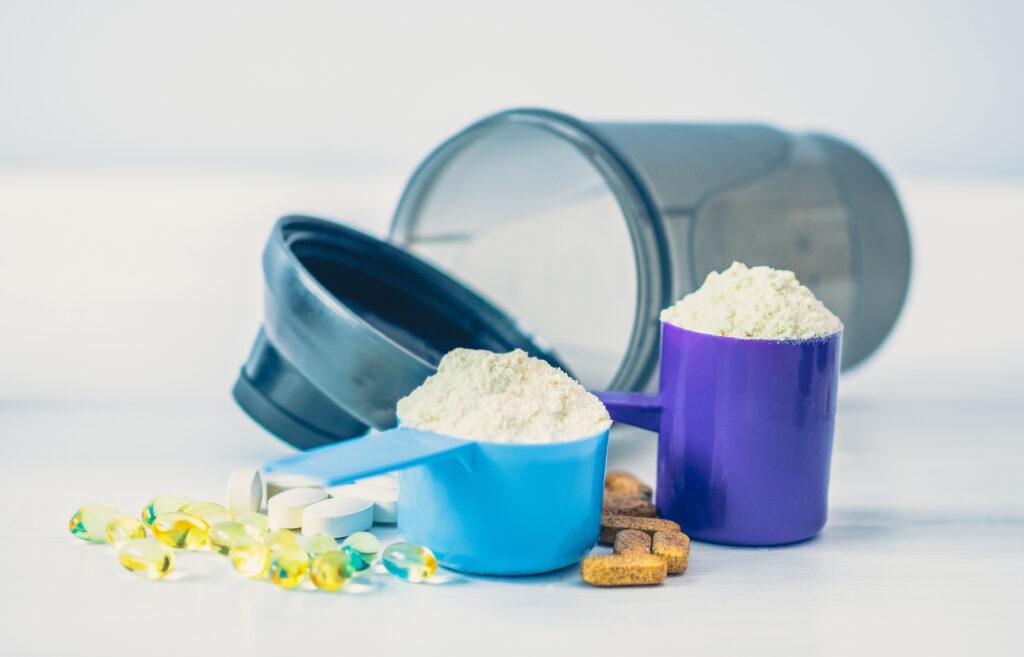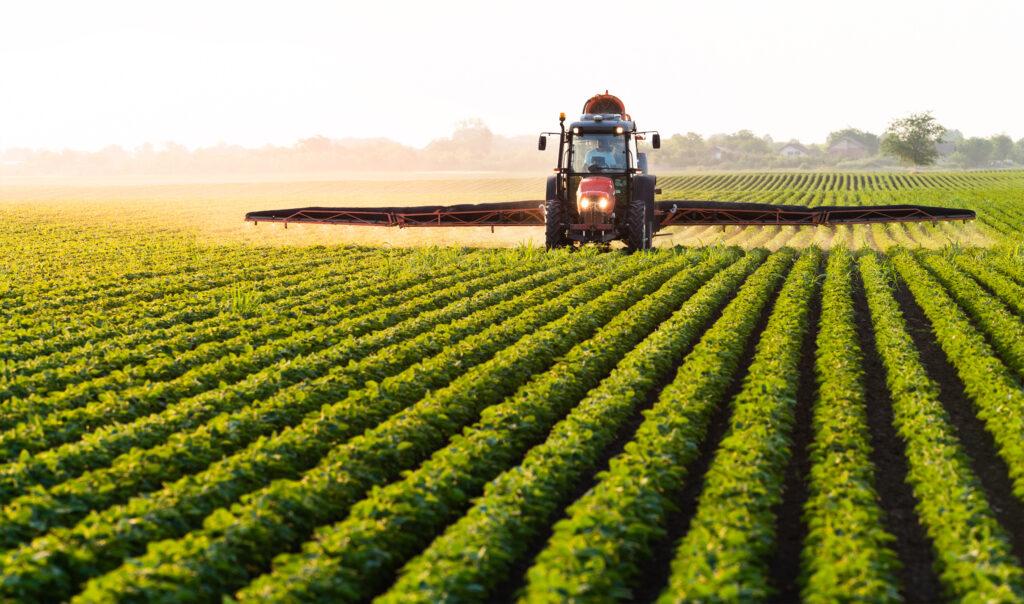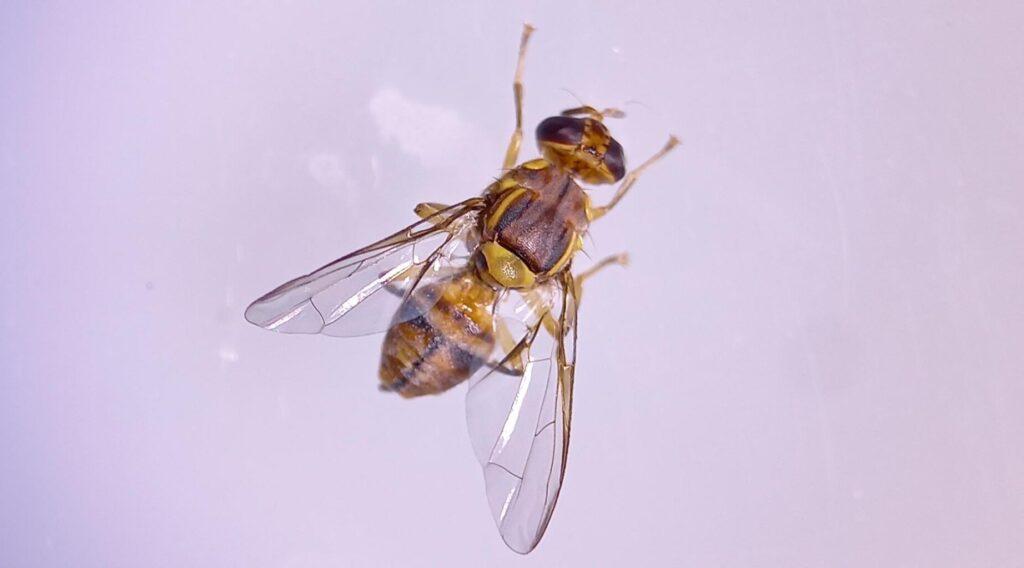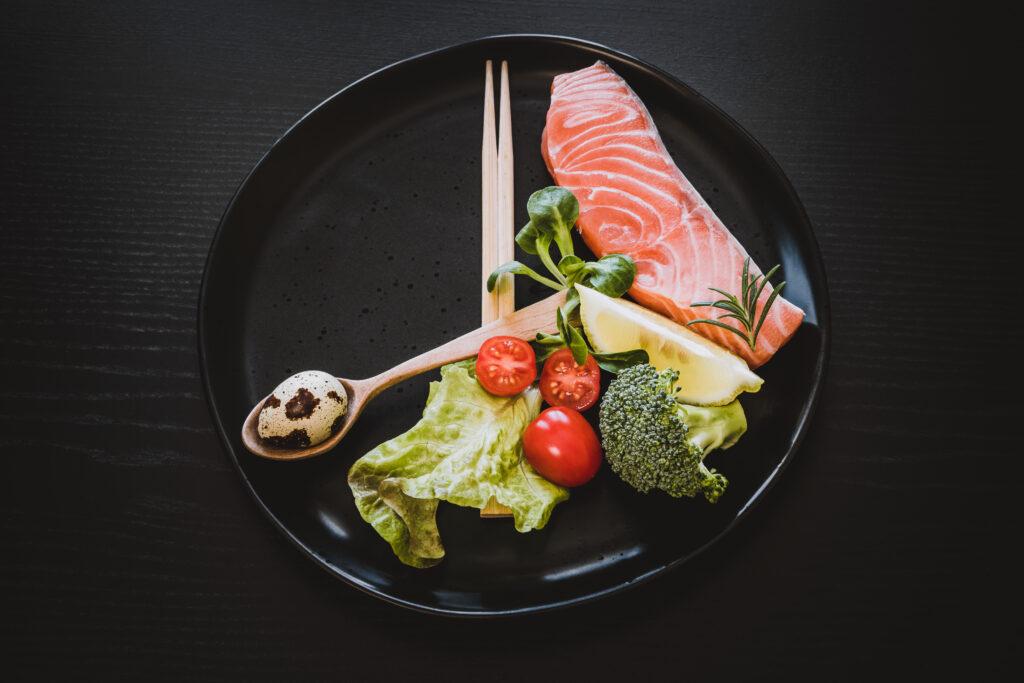Diet pills and protein powders in the USA

The market for nutritional supplements is a lucrative business segment that is less regulated and supervised. Advertising of dietary supplements is very effective, with 77% of Americans feeling that the industry is trustworthy.
Agricultural intensification and childhood cancer in Brazil

A 2023 article highlighted the link between increased pesticide use and childhood cancers as a result of increased soy production.
Bacillus cytotoxicus
Bacillus cytotoxicus is a member of the Bacillus cereus group with the ability to grow at high temperatures (up to 52℃) and to synthesize cytotoxin K‐1, a diarrhoeagenic cytotoxin.
CONTEMFood
We are pleased to announce that the project CONTEMFood: contaminants in meat substitutes: recent perspectives on food safety, coordinated by our Department, has been awarded a grant from the National Research, Development and Innovation Office of Hungary.
Our new article is available
An article related to our work in the HOLiFOOD project was published.
Non-compliance of Indian spices

In recent years, objections have arisen with many spice products from India. We summarize these issues here.
Update on avian influenza
Since October of 2023 a lot have happened regarding Avian Influenza (AI). Therefore, an update was necessary to have more accurate information and incorporate new information and data about this virus.
Oriental fruit fly in Europe

Oriental fruit fly (Bactrocera dorsalis) was recently reported in France which poses a significant threat to France's agricultural sector, necessitating serious attention as highlighted by a recent report from France’s food safety authority (ANSES).
Lab-grown fish products

Bluu Seafood, a German company developing “lab-grown” fish, was showcasing its first finished products. Founded in 2020, Bluu Seafood is one of several companies working to solve the world’s seafood production problems, which includes overfishing; contamination from heavy metals and plastic; and cruelty.
Risk associated with time-restricted eating

New research presented at a scientific conference has found that time-restricted eating, a form of intermittent fasting, may not be as beneficial for heart health as previously thought.
